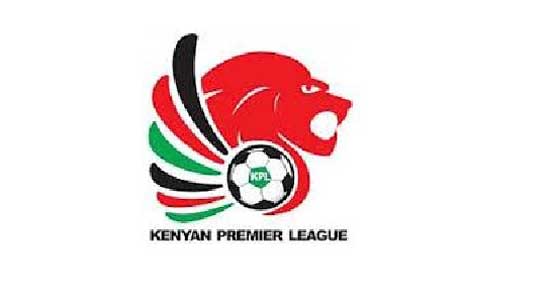
The Kenyan Premier League (KPL) is on a three-week recess. It is not clear why KPL has engaged in this ritual for several years now. However, we are told this is a mini transfer window where clubs can buy or sell players the way the Europeans do it in January.
Why you need a break to do this transaction beats logic because a club should have a non-stop machinery to carry out this kind of business.
Anyway, as football people let us leave it to the powers that be and turn our focus to the importance of recess to a player, a coach and generally the team.
Playing at the top requires professionalism. Every second, minute, hour, day and week matters for a professional player.
Even if KPL were to extend the recess to a month as it has always been, what can players gain from whatever time frame of inactivity?
KPL players must be wondering why top athletes or footballers in foreign leagues perform at top levels week in week out, throughout the season.
Well, it is all down to player-conditioning where science is used to the fullest to give them a competitive edge.
If KPL players want to extend their pro-life, this is something they should be agitating for at their clubs. Proper pre-season and in-season training.
KPL coaches are on record for complaining over too many matches either per week or throughout the season. Yet locally, the players have only 30 Kenyan Premier League matches, seven FKF/GOtv matches and five matches in KPL Top 8 Knockout for teams that finish among the first eight in the league.
Compare that with England for instance where there are 38 Premier League matches, 7 FA Cup and the 7 League Cup matches.
It is even worse for teams playing Uefa Champions League and Europa Cup. It gets even more demanding for a team that will play in Fifa World Club championship and Uefa Super Cup.
What all these means is that the physical demands on the players’ bodies is out of this world. To maintain top performance, diligence to scientific conditioning of players become paramount.
In countries where sports is taken seriously teams engage in pre-season and in-season training to help the players maintain top shape.
In European countries for instance, pre-season and in-season training is a serious component of player-conditioning.
In countries where they have winter breaks, they take advantage of it to fly out to warmer places to continue with outdoor training.
Kenyan players have always relied on effort but they lack in intensity during game play because their bodies cannot maintain to performance.
Former Gor Mahia and AFC Leopards coach Zdravko Logarusic always wondered why Kenyans athletes are some of the top runners in the world but their football speed is so slow.
Proper pre-season and in-season maintenance training could solve Logarusic’s mystery.
With this two-week break, KPL clubs must now engage in maintenance training. According to www.stack.com, “Maintenance training is designed to do exactly what it suggests — maintain strength gains achieved during the off-season. This serves at least to maintain and hopefully to improve performance throughout the season, as well as to prevent injury.”
Three of Kenya’s top clubs; Gor Mahia, AFC Leopards and Tusker are in Tanzania for SportPesa Super Cup – taking advantage of the mid-season break.
While the league sponsors SportPesa will score huge publicity benefits from this endeavour, Kenyan clubs will reap zero benefits in terms of player in-season conditioning.
The Tanzanian season is over and therefore the clubs are pre-paring for pre-season training. This tournament will therefore serve them better unlike the Kenyans whose season is on.
Injuries are inevitable in high level competitions. Whereas Tanzanian clubs have time for their players to recover, the Kenyans don’t.
Well, these clubs can argue they are bound to maintain their momentum with this tournament, but at what cost?
I know Gor Mahia coach Ze Maria, knows what I am talking about but I am sure he can’t speak out. So, the question is; what about the teams not involved with SportPesa Super Cup? What are they doing during this recess?
In-season training, according to most trainers, should entail training at least twice a week. The players should engage in strength-training to maintain muscle mass while focusing on total-body movements.
Is your club doing all these?
Robin Toskin is the sports editor at Standard newspaper.
 The Standard Group Plc is a multi-media organization with investments in media platforms spanning newspaper print
operations, television, radio broadcasting, digital and online services. The Standard Group is recognized as a
leading multi-media house in Kenya with a key influence in matters of national and international interest.
The Standard Group Plc is a multi-media organization with investments in media platforms spanning newspaper print
operations, television, radio broadcasting, digital and online services. The Standard Group is recognized as a
leading multi-media house in Kenya with a key influence in matters of national and international interest.

